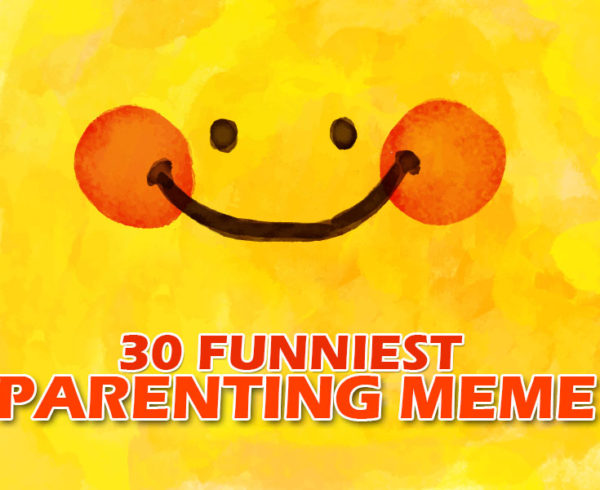We love our children. And we absolutely must brag about them; praise them. But do we ever stop to ponder over the compliments that are flowing out of our mouths and how our kids perceive them?
Surely your child has done something absolutely wonderful. Something you want to truly appreciate. By all means you must compliment her. You might tell her that she has been very smart. You might tell her that she is the most special child. Or you might tell her that she must have worked very hard to achieve what she did.
On the surface, all these sound like the same compliment, don’t they? But that’s not quite true. Brad Bushman, a communications and psychology professor at Ohio State University shares his insight on this. He says that the first two compliments given to the child increase the child’s chances of becoming a narcissist. Only the last one raises the child’s self-esteem, keeps her ego in check.
Compliment and praise are powerful tools for reinforcing good behaviour, boosting your child’s self-esteem, and making her feel loved and inspired enough to continue in the same spirit. The essence lies in doing it right.
Here are 5 simple ways of complimenting your child right.
1. Be specific
“You read the story well.” That does not really convey much to the child. Instead try pointing out “You were able to read the word ‘sunshine’ by yourself today.” This helps the child to acknowledge that you recognize the effort she is making to read a new word.. This will boost the child’s morale and further her efforts.
2. Appreciate the effort, not the result
My son coaches at the pool every day. Every day I tell him “I love to see how high the water splashes when you kick your legs.” This helps him get his kicks correct and motivates him to go to the pool every day. So though he isn’t prepared for the Olympics yet, he has begun to believe that he can swim. He now swims without his floats and hasn’t hit the bottom of the pool so far!
3. Be honest in what you say
It is not the words, it is the feeling behind the words. Some of us have tuned ourselves to mechanically praise our children. It is, after all, what is expected out of us as parents, isn’t it? But kids detect the habitual. Therefore, be genuine with your child. An honest feedback, with a genuine desire to better your child will help her to work harder and push herself to further her achievement. Phrases like “I see you tried. But how about we do it this way next time” will guide the child in the right direction. Needless to say, diplomacy is paramount here! You don’t want to crush her heart to pieces with brutal honesty, do you?!
4. Use positive body language
Gestures play an immense role in expressing approval. A simple hug, a positive eye contact, a thumbs-up and a warm loving smile are some of the most common ways of complimenting your child. Often times a non-verbal clue about how the child is progressing or performing helps her to stay on task without getting distracted. The probability that she will pause and look up at you if you say “I love the way you are writing,” is high. As opposed to this if you merely put your hand on her head or stroke her back, she will acknowledge in her own way that you notice the effort she is making and feeling proud.
5. Use praise judiciously
When it comes to praise, I would say, quality over quantity will go a longer way in building a child’s self-esteem. Though well-intended, putting kids on a pedestal at an early age can actually hinder their growth.
Heaping portions of praise can backfire. Praising children for the minutest of things makes kids complacent. If my 5 year old counts 1-10 without an error and I say “Good job” am I really being honest in my praise? This minimum level of learning is expected out of him now, isn’t it? Sometimes it may so happen that children become wary to try new things or take a risk for fear of not being able to stay on top where their parent’s praise has put them. Praise must be given out for tasks that is age appropriate or if a child is truly working towards something.
If praise is sincere and focused on the effort not the outcome, you can give it as often as whenever your child does something that warrants a verbal reward.
Food For Mommy’s Thought: ‘Affirming words from moms and dads are like light switches. Speak a word of affirmation at the right moment in a child’s life and it’s like lighting up a whole roomful of possibilities’ – Gary Smalley
Reference- http://www.npr.org








Leave a Comment